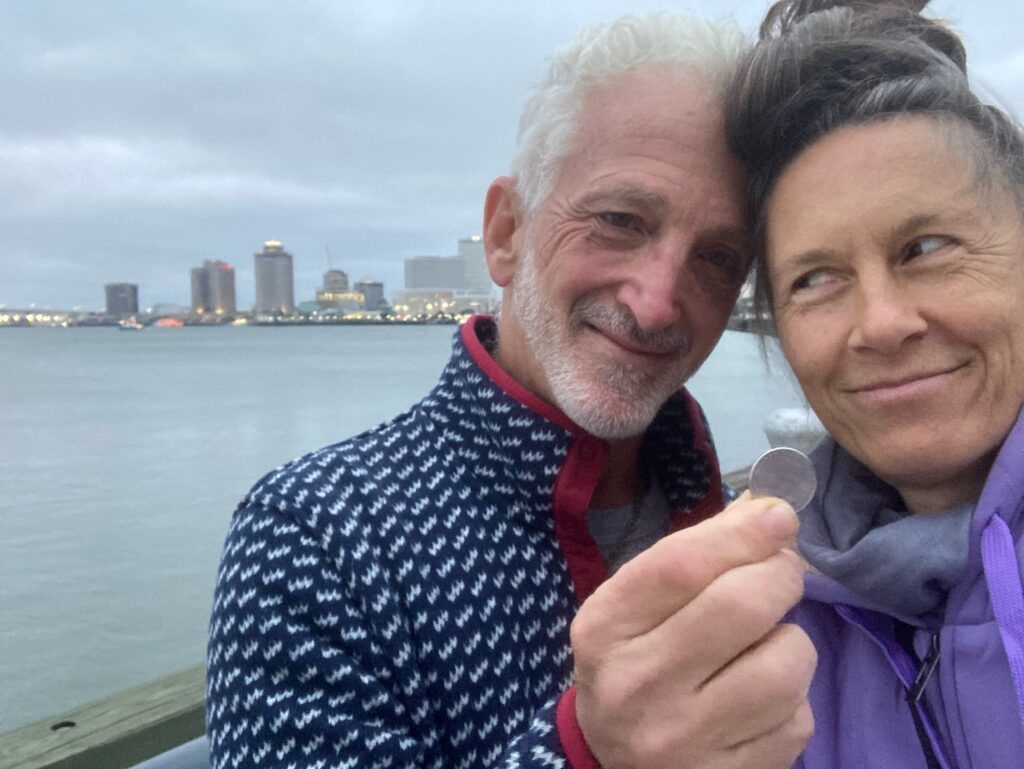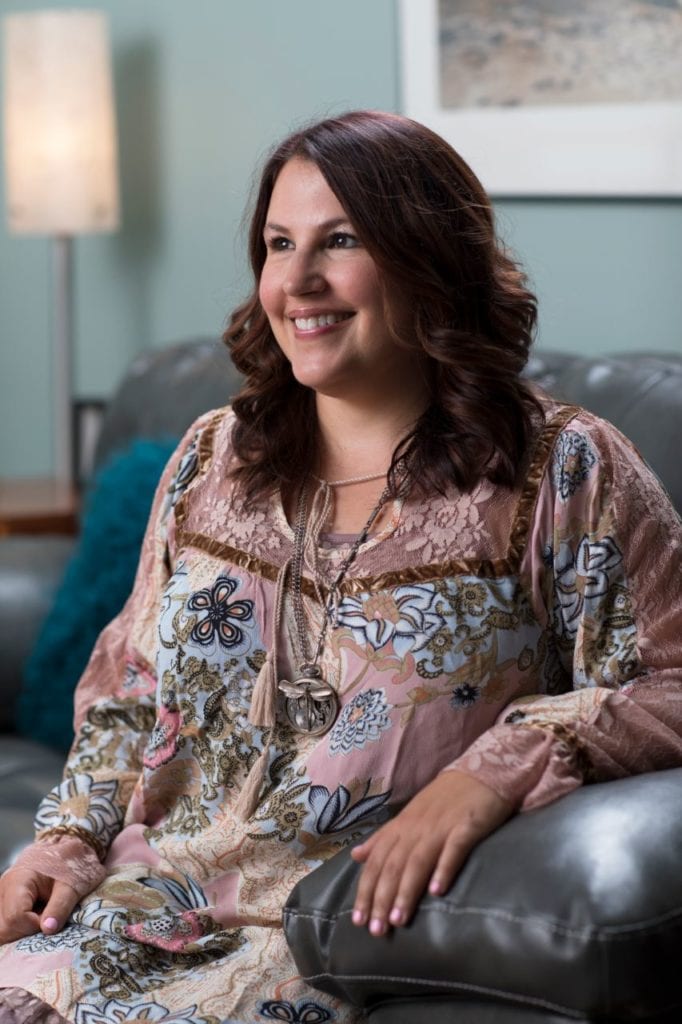Romantic relationships are a fundamental part of our lives. For this reason, the way we form and maintain them can significantly impact our emotional and mental well-being.
One of the primary factors that shape our relationships is our attachment style.
According to the attachment theory, individuals fall into one of four categories, all of which develop in response to our early relationships with caregivers. As such, these attachment styles persist well into our adulthood, influencing our expectations, communication styles, and emotional responses.
Read on to discover the different attachment styles as we explore their impact on dating and relationships. No matter if you’re single or in a committed relationship, there is value in learning what causes us to build and maintain meaningful connections and how we can practice healthier habits.
What Are Attachment Styles?
The attachment theory is a psychological framework that explains how our early childhood experiences shape our ability to form and maintain relationships throughout our lifetime.
Developed by psychologist John Bowlby, the attachment theory suggests that we fall into one of four categories: anxious, avoidant, disorganized, and secure.
Let’s take a closer look at the four attachment styles, how they form, and how they impact our adult relationships.
1. Anxious Attachment
In early childhood, the anxious attachment style develops in an environment with inconsistent or unreliable emotional support available from primary caregivers. In other words, when mom or dad is either not present or unresponsive, the child will feel anxious and develop a fear of abandonment.
Anxious Dating Habits
As an adult, individuals with an anxious attachment style tend to seek constant reassurance and validation from their significant other. In many cases, they may become a bit clingy or possessive. They often express higher levels of anxiety or insecurity in their relationships.
Those who struggle with an anxious attachment style may find it challenging to establish secure relationships as they struggle with clear communication, creating strong boundaries, and conflict resolution.
Individuals with an anxious attachment style tend to say:
- “Are you sure you still like me?”
- “I’m worried that you’re going to find someone better than me”
- “I am sorry if I’m being too needy, I just really like you and don’t want to lose you”
2. Avoidant Attachment
Avoidant attachment styles develop in childhood when the child’s caregivers are emotionally unavailable or distant. They may prioritize their needs over the child’s, leading the child to learn to suppress their emotions and live more independently. Down the road, the avoidant adult can struggle to tolerate emotional intimacy.
Another layer to this is the fearful-avoidant attachment, which is a combination of preoccupied and dismissive-avoidant styles. These individuals believe they are unlovable and will experience rejection if they try and form a meaningful connection.
Avoidant Dating Habits
Individuals with an avoidant attachment style are more independent and self-sufficient in relationships. Though these traits are certainly beneficial, avoidant daters often feel uncomfortable with emotional intimacy and prefer to distance themselves from their partners.
According to the attachment theory, avoidant daters struggle with emotional closeness and may dismiss their partner’s emotional needs. Oftentimes, these individuals come across as aloof or detached and may be hesitant to open up to anyone, including their romantic partners.
Avoidant daters might say:
- “I don’t like to get too emotionally involved with people”
- “I’m not really into labels, let’s just keep things casual”
- “I need my own space. It’s not personal, it’s just who I am”
3. Disorganized Attachment
Disorganized attachment arises in early childhood when a child experiences frightening or abusive treatment from their caregivers. Having a traumatic upbringing will cause individuals to lose trust in others and become fearful of abandonment.
Disorganized Dating Habits
In relationships, disorganized daters will struggle with emotional regulation, leading to sudden outbursts or withdrawal from their partner. Oftentimes, they will experience difficulties communicating and struggle with intimacy, including physical touch and emotional vulnerability.
The disorganized attachment style is the experience of conflicting emotions and behaviors in a relationship. Individuals with this attachment style have difficulty regulating emotions and struggle to trust their partner.
A disorganized dater might tell you:
- “I don’t know how to act around people I’m close to”
- “I’m afraid to get too close, but I also feel like I can’t be without you”
- “I’m sorry if I’m being so hot and cold, I’m just very confused right now”
4. Secure Attachment
Finally, we have the secure attachment style. Individuals who are secure likely received consistent and reliable emotional support and care during their upbringing. Having responsive, attuned, and available caregivers will allow the child to form healthy, meaningful relationships later in life.
Secure Dating Habits
Individuals with a secure attachment style are more trusting, emotionally available, and comfortable with intimacy and vulnerability. When conflict arises, a secure dater will be more resilient to challenges, create and maintain appropriate boundaries, and be more willing to open up clear and honest dialogue to reconcile issues.
Oftentimes, these traits lead secure daters to form healthy, stable relationships that last.
A secure dater might say things like:
- “I trust my partner to be there for me when I need them.”
- “I feel like we have a strong connection and I’m excited to see where it goes”
- “I respect your boundaries and what to make sure we’re both comfortable in this relationship”
Can Attachment Styles be Changed?
In short, yes!
Though attachment styles develop in childhood, they can still be influenced by our adult experiences. Research has found that therapy is an effective tool that impacts our adult attachment styles.
Some benefits of therapy include:
- Increased self-awareness: therapy allows us to identify our thoughts, feelings, and behaviors in our relationships, highlighting productive and destructive patterns
- Challenge and overcome negative beliefs: therapy explores past experiences that may lead to unhealthy or negative beliefs (i.e. an anxious dater assuming they are not worthy of love), and reframing them in a positive way
- Learn new skills: therapy promotes new skills that align with secure attachment patterns, such as emotional regulation, problem-solving, and effective communication
The Bottom Line
Our attachment style plays an important role in shaping our dating and relationship experiences.
Whether we have anxious, avoidant, disorganized, or secure attachment styles, recognizing how the patterns influence our thoughts, feelings, and behaviors can help us navigate relationships with more kindness, empathy, and awareness.
Not everyone has a secure attachment style. That’s why therapy is such a valuable tool to help us become the most fulfilled, self-assured, and confident versions of ourselves.
If you would like to take a deeper dive into this type of psychology here are a couple great resources.
Both written by Nicole LePera, The Holistic Psychologist. Nicole has an amazing way of being clear, concise and to the point. Her guidance will help you down a path of self-healing and figuring yourself out. And, knowing yourself is the first step to successful relationships.*
This post was written by the lovely Taylor Stranaghan. Taylor is a skilled writer with a passion for all things love and relationships. Drawing on her wealth of knowledge and expertise in the dating world, Taylor brings a fresh perspective to the table, challenging conventional dating habits and encouraging readers to think outside the box. You can find more of her work here!
*Affiliate Links.




